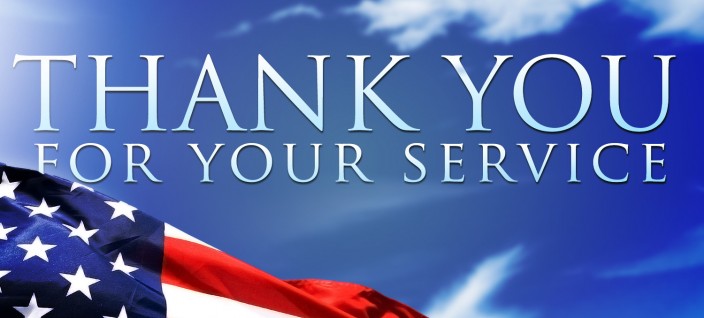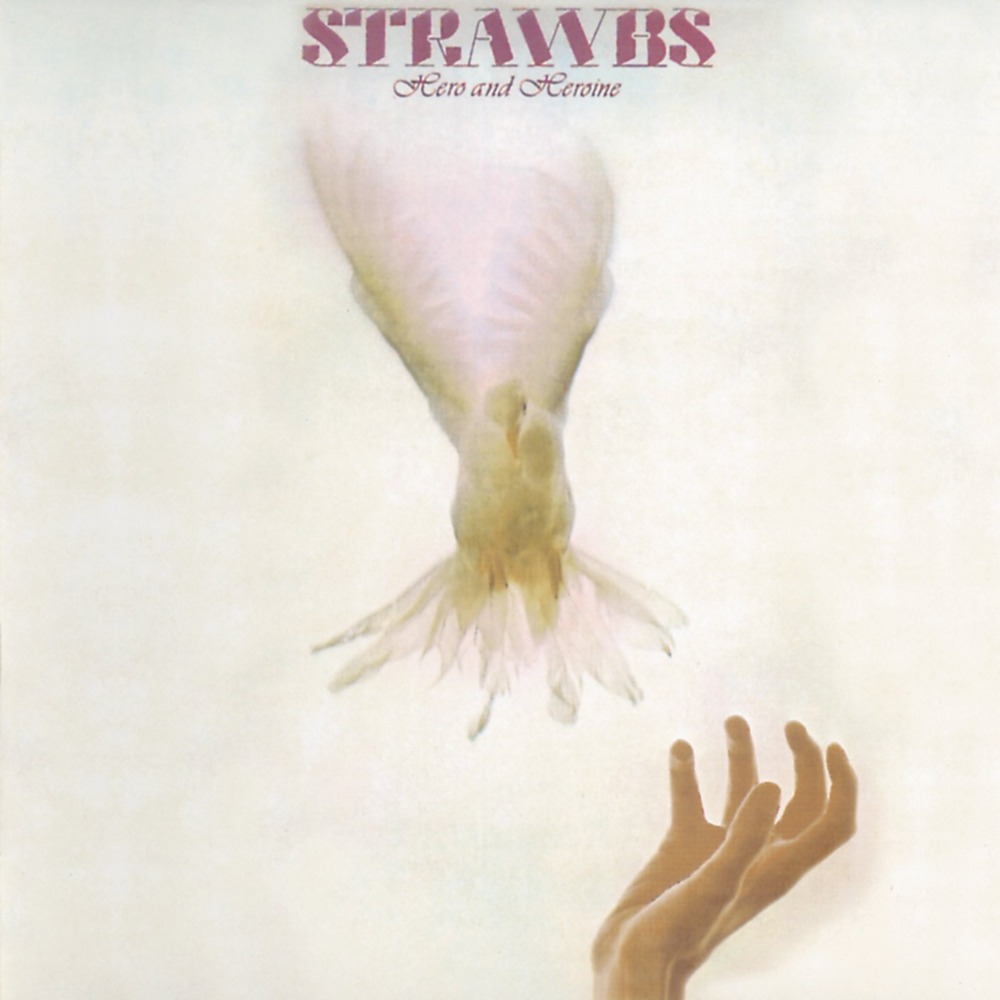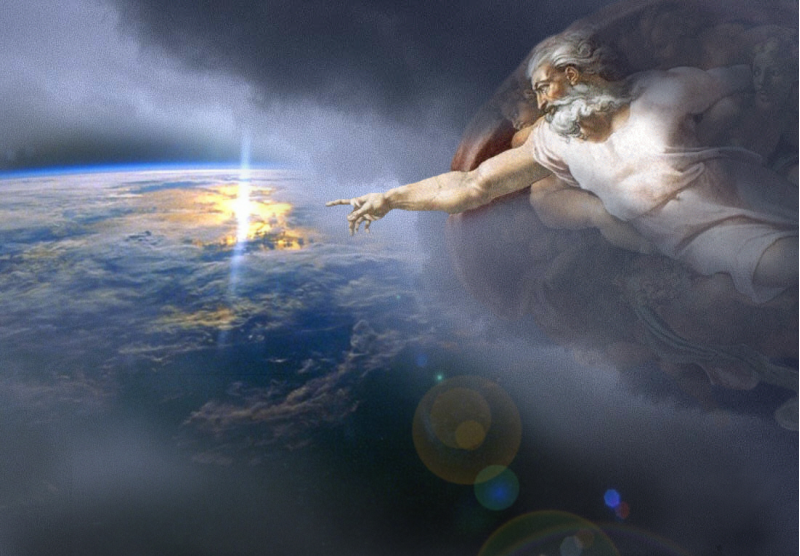Thanks, Unknown. I very sincerely appreciate the response and for actually starting an entire thread just for -217. Wasn't sure if I was going to do it myself.
use of the words, "look, looks, looked" ... In a subsequent pass, I would find the PERFECT ACTION VERB for words like these.
Oh yeah. I struggled with that myself, but decided to just get the ideas down while they were flowing easily and I'm in the groove. In subsequent chapters I've been getting a
little bit better with that. I'm also having trouble with all of the saluting required by military folks; he salutes, she salutes back, and have been having difficulty finding enough variations, and there's going to be A LOT of saluting as Redstone moves about the outpost. I have managed to get away from "and then, and then, and then."
As you are former military, am I correct in assuming that if it's an outpost or a base or an airfield or any other type of military facility they are all referred to as "stations?"
Another issue for me is the word "casual." I've been around enough military people to know that when a junior officer salutes a senior officer the junior is precise, but some senior officers return the honor casually. Depending upon his opinion of the person, Redstone varies his salute, so someone he respects or honors gets an equally precise salute. In a later chapter when he leaves the medical bay after visiting the wounded he gives the most precise parade ground salute possible to render his personal feeling of deepest respect. The less respect he has for someone the more casual his salute; but he never salutes sloppily, Redstone is NEVER sloppy. I'm still trying to figure out how to represent the varying degrees. There are many other similar issues that I know I'll need to resolve.
You could add a little military branch slang in there to give it even more of an authentic feel.
Yup. I need to work out a glossary for myself that works with my future universe. You've obviously read the few examples in my initial post. Hope they work okay for you. In the construction of my universe, although void military vessels retain their original navy-derived designations (cruiser, battleship, etc.), I go against the traditional naval pattern of vessels with big guns mostly protecting carriers or using long range weapons to strike targets as they do in this day and age. Their missions have changed.
Instead of using barn for home (the hanger) they call it a cage, as in birdcage. I figured that "birds" as slang for fighters and the like would hang on forever. Platforms that have heavy weapons go out to support the fighter-bomber attack groups. They call any vessel with big guns Bangers, with the idea that when they hit their target it goes up with a bang. Stealthy long range intelligence/surveillance ships are called Sneaky Petes. Automated surveillance drones are called Snoopers. Fueling vessels are called Nipple Ships. So a slanguage line would be, "After the Snoopers caught a whiff we tossed a couple of 'Petes out there to firm up the posit, then we sent in the bangers and birds. Then we all sucked on a Nipple and headed back to the cage." Is that more along the lines of what you're talking about?
My concept has been the type of language used represents the emotional state of the characters. When it comes to Sanchez telling Redstone what happened when they encounter each other at the outpost, I felt that a report, especially of the kind Sanchez gives to Redstone, would be more precise linguistically, because 1) it
is a report from a lower ranking officer to one of the highest ranks; 2) it creates emotional distance from the situation and 3) out of respect; you don't use slang when talking about the fallen. Is that a mistake? I
have been trying to think about subtext. When Sanchez and Redstone initially meet at the outpost the conversation before Sanchez's report is a bit stilted for several reasons. When Sanchez was an ensign Redstone bailed him out of a situation where Sanchez did something heroic, but very seriously breached regulations in the process. (That story is outlined, at least in my head; it goes into a later chapter.). Redstone saw tremendous potential in Sanchez, so very subtly influenced his career by getting him assignments with exceptional officers who could teach Sanchez a lot. Sanchez doesn't know this. But Redstone always seems to be around when Sanchez is passing through for reassignment, so they meet once in a while; Sanchez feels he doesn't know Redstone that well, if at all, but Sanchez is very grateful to Redstone and greatly admires him. The third context is the previously mentioned emotional distancing plus their surprise at seeing each other.
Just remember, even in the military, on-the-job dialogue is perfect when there's subordinates who are NOT part of an inner circle or team. When the team is alone? That dialogue lightens up a bit but not 100% especially if a lower-ranked character says something as if he or she is on the same level as the ranking officer. In other words, the ranking officer lightens up around his personal troops but they stay in character and often, their dialogue is more on-the-nose
I will definitely need to change that. As the characters evolve in the story (and during my development of the story) their positions will change on the various concentric circles in of Redstone confidence level regarding the characters.
As the Redstone character evolves we find out that he started as a pilot, one of the best that's ever been, and that was all he wanted to do when he joined up. Although he is a natural-born leader he actually detests being a leader, but his personal character forces him to take on the job every time. So when he gets to the outpost and finds a disaster on his hands he throws formality out the window to get to the bottom of things fast. His despite of his leadership position rankles so he would prefer to talk pilot to pilot and soldier to soldier anyway. He has "that way" about him that the lower ranks talk to Mad Max instead of Fleet Admiral Maxwell P. Redstone when he wants it so. In another section he speaks with the only surviving pilot of the raid; he enters as the Admiral, but having "that way" about him it's not an Admiral interviewing a Lieutenant, it's Mad Max talking pilot to pilot with Red Ed, with the added benefit that he gets better information when he reverts to Mad Max; the people to whom he is speaking give him the truth.
I guess that I have a lot to learn so I can make these types of distinctions more clear.
Oh, about killing our darlings? I'm having trouble picking between Bowman and Stillwell. I thought it was going to be Stillwell, but Bowman has become so interesting I'm thinking it might be her. Maybe I should kill them both, but a don't want to waste some good female characters. Perhaps it should be McCall. Hmmmmmmmm.......... Can't be Sanchez, he's the main protagonist in the story I initially wanted to tell; -217 is all prequel to that story.
My biggest question is, do you want to know what happens next? The story and characters mean a lot to me, but would anyone else be interested?
***************
When I was in my early teens I worked on a charter fishing boat taking tourists out to catch flounder, weakfish and bluefish. The captain was a WWII vet and served in the Pacific. He was on a ship at Okinawa. (I saw the scars.) Consequently, we took out a lot of veterans groups. When we went off-shore on the two or more hour trip to look for bluefish we would leave the dock about 5:30am. I was only 15 my second summer (1973), but working on the water all day I got tanned and muscled up a bit so looked older. My grandpa and my dad taught me always to be respectful to my elders, so I was always saying "yes, sir" and "no, sir." I was occasionally asked what it was like in 'Nam. On those longs cruises to the continental shelf where the fish would come up, the vets would talk to me about their experiences; I found out later in life that they told me things vets didn't usually talk about to civilians. For some reason that trend continued. At the high point of my musical career I was the musical director for the oldies band the Del Vikings, who had a couple of big hits in '57 and '58 The group started in an NCO club at an air force base outside of Pittsburgh. They were the first mixed group - three black, two white - to perform on the Ed Sullivan Show in 1958, which they did in full dress Air Force uniforms as they were all still in the service. There were no original members when I came on in 1986, but the racial mix remained the same, and you had to be ex-military to be one of the singers, so I heard a lot from them and other vets during the hours waiting to go on-stage.
The Del Vikings did a lot of PBA benefit shows that were mostly in the afternoon or very early evening. Lots of of vets become cops. I ate a lot of burgers and cracked a lot of beers with them after shows and heard a lot of stories. Picked up a huge stack of courtesy cards, too.
One of the guys who helped rebuild my studio after it was flooded in 2007 was on the team that captured Saddam Hussein, so even got to hear about that. This explains my fascination with the military and my great respect for veterans. I have been deeply honored to have been told those stories. I don't repeat the horrific stories to anyone. I think I was even told some things I probably shouldn't have been told. I know to keep my mouth shut.
My best friend was in the Navy. He got discharged on a medical after an accident damaged his hearing. He switched from guitar to bass.
My brother-in-law was a sonar operator on a sub. His boat was the first to detect a Soviet Poppa boomer submarine. They got a unit citation for that.
I went to enlist and I was physically disqualified due to my back issues.
In a bizarre way, the Army is why I'm here. My dad was attending Columbia University in 1951 when he was drafted for the Korean War. He had just finished training when he came down with a very serious infection, I don't recall what. He was in the hospital for couple of months, then they let him go home to finish his recovery. He met my mom when she was back from college for summer recess. He wanted to marry her, but held off as he didn't want to take the chance of making her a widow. When he reported back for assignment after his recovery he was told that by the time he got to Korea it would almost be time to send him back (they went by ship, unlike Viet Nam), so three days later he was on a train to a base near Seattle. Once there he called my mom, immediately applied for leave, spent just about every cent he had on on plane tickets, flew home to New York, married her and they flew back to Seattle. Everyone thought that it was a quickie wedding for the obvious sordid reasons. The real reason was he wasn't going into combat, there wasn't a chance of her becoming a widow, so wanted to make sure my mom was off the market. I was born in 1958. If he hadn't been sick and sent home for recovery he wouldn't have met my mother.
My grandfather got his notice for WWI, but the war was over before he got to training camp.
So that all explains my fascination and involvement with the military.
So, Unknown, thanks again; I know I've got a lot of work to do and a lot to learn. Any good vids on YouTube? Do you want to continue publicly dissecting things here? This initially started out as notes for a screenplay.
And now you know that I truly mean it when I say:
If you deign to read this, you'll get it.





